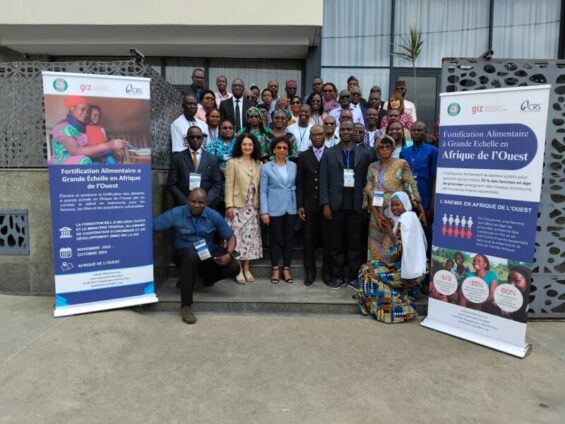The number of undernourished people in Africa has surged to nearly 282 million, an increase of 57 million since the onset of the COVID-19 pandemic, underscoring a growing food security crisis. This alarming statistic was highlighted at a capacity-building workshop held for journalists and communicators across 17 West and Central African countries, focusing on the urgent issue of micronutrient deficiency in the region.
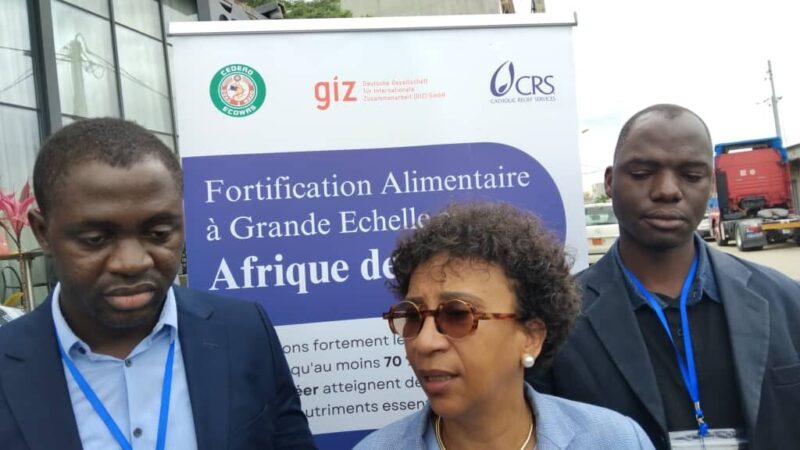
Stakeholders at the event called for a multi-sector collaborative approach to address the worsening nutritional situation, stressing that more than a billion people globally are currently unable to afford a healthy diet.
Projections indicate that without significant interventions, the situation could deteriorate further. While countries such as Ghana, Nigeria, and Senegal have made strides in combating micronutrient deficiencies, concerns remain. Stakeholders across the sub-region emphasized the need for collective action among member states to tackle the growing threat of malnutrition.
In her opening address, Dr. Patricia N’goran, advisor to the vice president of Côte d'Ivoire, painted a sobering picture of the current state of nutrition within the sub-region. She expressed concern over the decline in breastfeeding rates among mothers, with many opting for alternative supplements for children under five. Dr. N’goran underscored the pivotal role journalists play in raising awareness, shaping societal behavior, and influencing policy decisions.
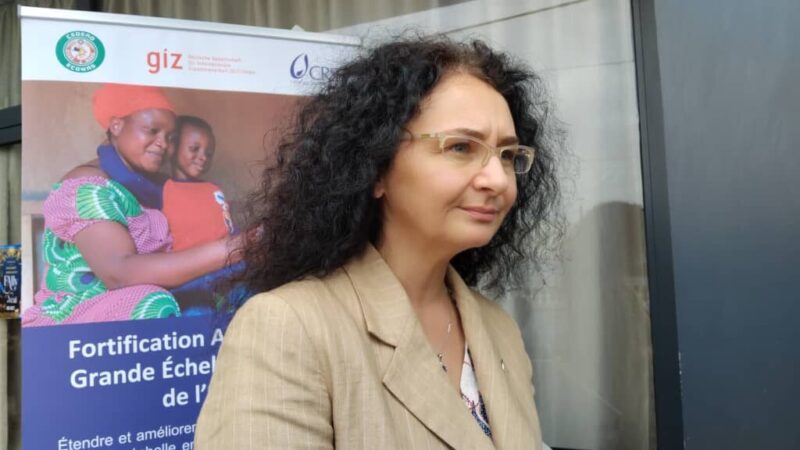
“Journalists are vital in spreading the right messages,” she said. “We must encourage mothers and families to prioritize breastfeeding, which is essential for the health and development of children under five. Religious texts like the Bible and the Quran advocate for proper child nutrition, and we can use these as tools to educate communities. It’s crucial to implement strategies that cater to the unique needs of each country.”
Dr. N’goran further called for diverse and culturally sensitive approaches to tackle malnutrition across the region, highlighting Côte d'Ivoire’s leadership in setting an example through its multi-sector approach.
Mariana Stirbu, the Deputy Representative for UNICEF in Côte d'Ivoire, echoed these sentiments, stating that malnutrition constitutes a violation of children’s rights. She reiterated the necessity of coordinated efforts involving governments, civil society, and various sectors to improve the nutritional status of vulnerable populations, particularly women and children.
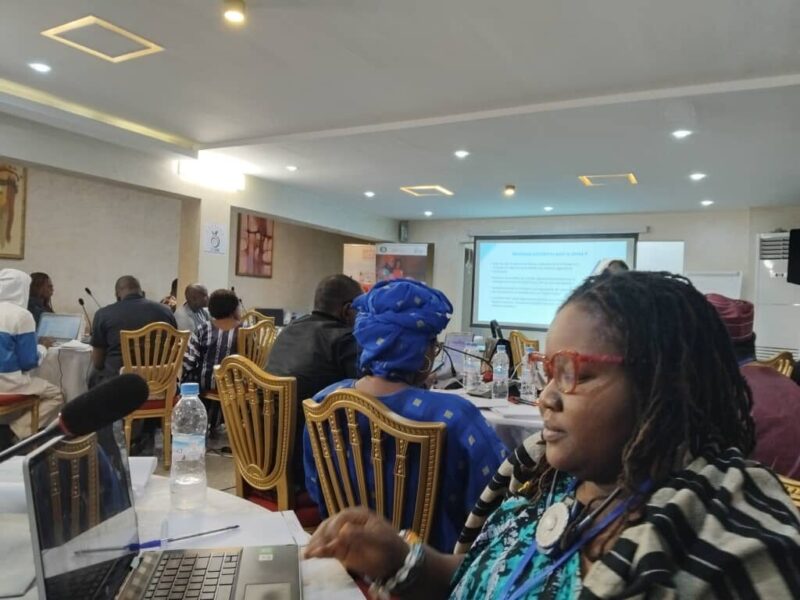
“African leaders must focus on promoting breastfeeding as it provides the most complete nutrition for children,” Stirbu urged. “UNICEF remains committed to supporting countries in developing policies that enhance the availability of nutritious and affordable food, while also ensuring that children receive the best possible care. The media’s involvement is critical in driving this change.”
Stirbu emphasized that UNICEF's collaboration with African governments centers on developing and enforcing policies that safeguard children's nutritional needs. However, she stressed that stronger efforts are needed to promote breastfeeding, which remains a cornerstone of child nutrition.
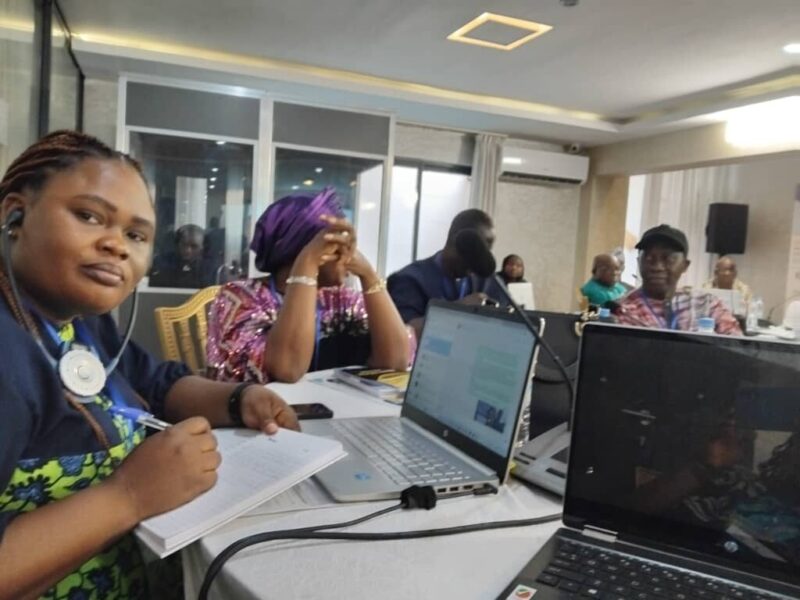
The workshop, attended by journalists and communicators from across the region, aims to equip media professionals with the knowledge and tools needed to effectively report on issues related to malnutrition and advocate for sustainable solutions.
As the continent grapples with this escalating crisis, the call for a united and multi-sector response has never been more urgent. The actions taken by governments, the media, and other key players in addressing micronutrient deficiencies will be crucial in shaping the future of Africa’s children.
Latest Stories
-
Shamima Muslim urges youth to lead Ghana’s renewal at 18Plus4NDC anniversary
2 minutes -
Akufo-Addo condemns post-election violence, blames NDC
9 minutes -
DAMC, Free Food Company, to distribute 10,000 packs of food to street kids
1 hour -
Kwame Boafo Akuffo: Court ruling on re-collation flawed
2 hours -
Samuel Yaw Adusei: The strategist behind NDC’s electoral security in Ashanti region
2 hours -
I’m confident posterity will judge my performance well – Akufo-Addo
2 hours -
Syria’s minorities seek security as country charts new future
3 hours -
Prof. Nana Aba Appiah Amfo re-appointed as Vice-Chancellor of the University of Ghana
3 hours -
German police probe market attack security and warnings
3 hours -
Grief and anger in Magdeburg after Christmas market attack
3 hours -
Baltasar Coin becomes first Ghanaian meme coin to hit DEX Screener at $100K market cap
4 hours -
EC blames re-collation of disputed results on widespread lawlessness by party supporters
4 hours -
Top 20 Ghanaian songs released in 2024
4 hours -
Beating Messi’s Inter Miami to MLS Cup feels amazing – Joseph Paintsil
4 hours -
NDC administration will reverse all ‘last-minute’ gov’t employee promotions – Asiedu Nketiah
5 hours

